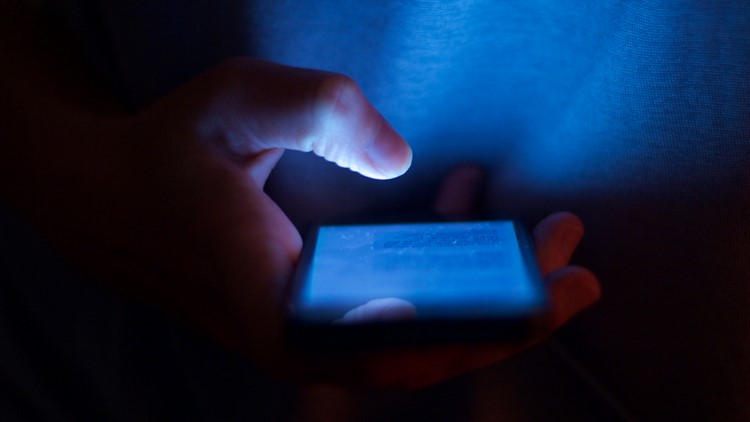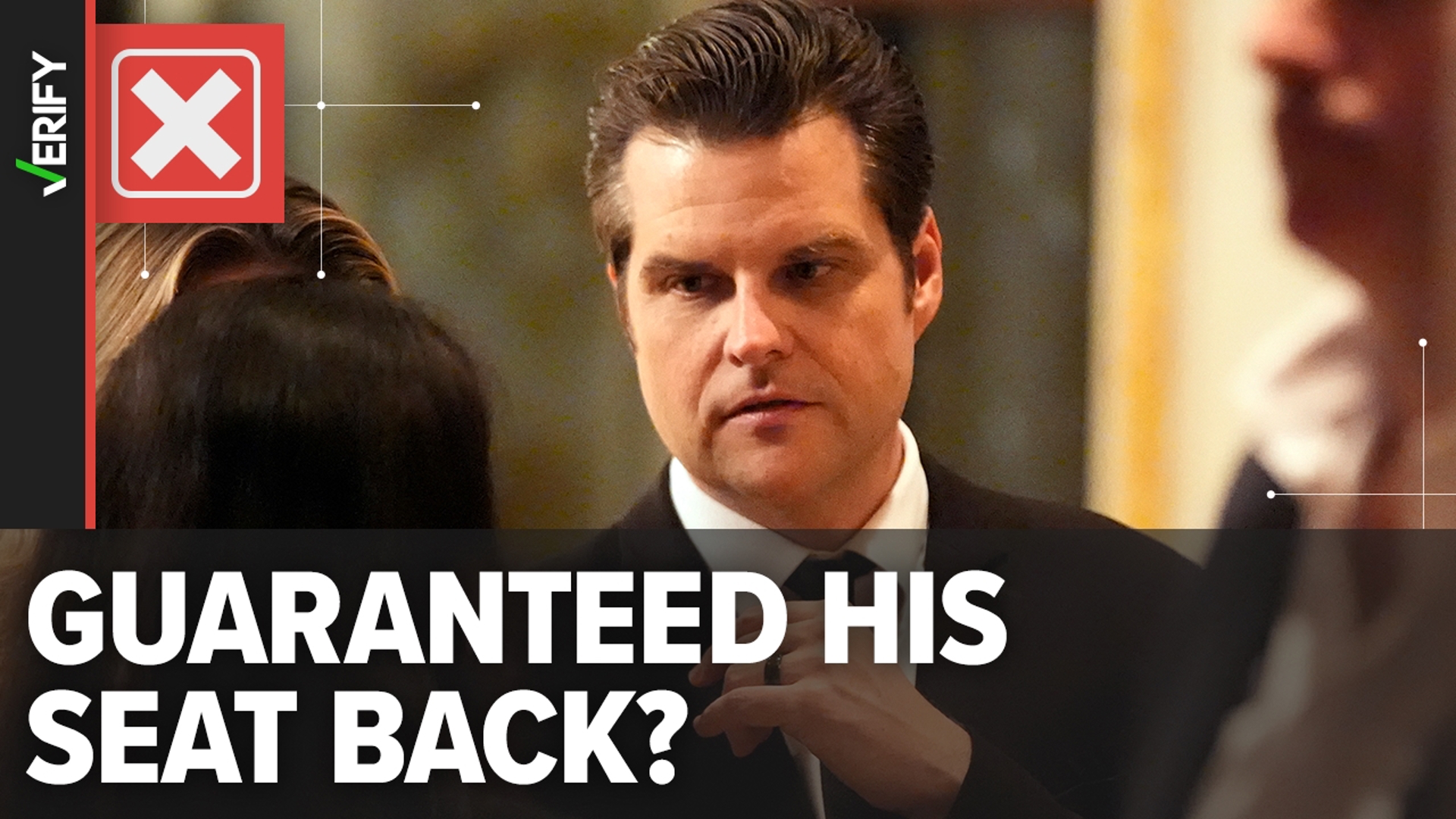WASHINGTON — Question:
Is it legal for political campaigns to text you without permission?
Answer:
Yep.
The FCC allows for political campaigns to text potential voters without their permission, so long as they're not using 'auto-dialing technology.' Most campaigns have started using software, that makes this faster and easier than ever before.
Sources:
Tech For Campaigns, Non-Profit
Get Thru, Training Video
Hustle, Training Video
OpnSesame, Training Video
Federal Communications Commission
Process:
The Verify team started by reaching out to the Federal Communications Commission to find out what laws are on the books. This agency pointed us towards the Telephone Consumer Protection Act.
According to the FCC, the TCPA, "restricts the making of telemarketing calls and the use of automatic telephone dialing systems and artificial or prerecorded voice messages."
The FCC has the following rules for 'Robotexts,' as listed on their website.
"Robotexts - text messages generated through auto dialing - are considered a type of call and fall under all robocall rules. As text messages go to mobile phones, they require the called party's prior express consent if they are generated using auto dialing. However, political text messages can be sent without prior consent of the intended recipient if the sender does not use auto-dialing technology to send the text."
So to summarize, a political campaign can send a text without permission, so long as it's done by a human, rather than auto-dialing technology.
Technology has made this process faster and easier than ever.
The Verify team reached out to Tech For Campaigns, a progressive non-profit. This group said that campaigns use Peer-to-peer companies like Hustle, GetThru, and OpnSesame, which allows campaigners to legally send messages at a faster pace to potential voters.
"It's a super effective and personal medium," said a spokesperson for the non-profit. "Without being incredibly interruptive - like phone calls."
Training videos, like the one from Thrutext, demonstrate how easy this technology makes it to send multiple text messages at a fast pace, while avoiding the 'autodialing' restrictions.
A spokesperson for the company said that this P2P technology is being used in hundreds, if not thousands, of campaigns across the country.
"It's not an auto-dialer because a real person sends each message," the spokesperson said. "Literally one by one. But I think the more important thing about P2P texting is not how the message gets sent out, but that there is a real person on the end of the line who can have a conversation with the recipient."
So we can Verify that yes, it is legal for campaigns to text you -- as long as it's done by a real person and not a robocalling service.



